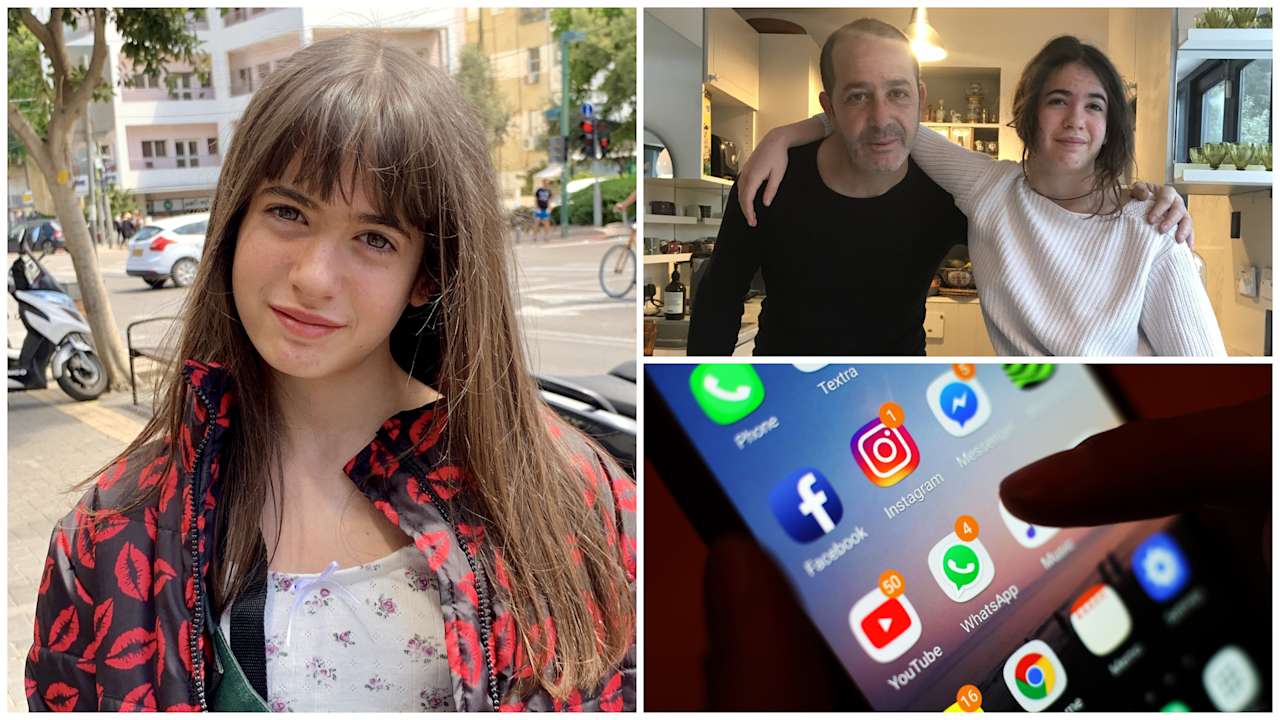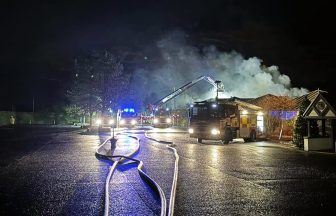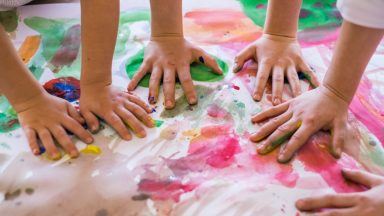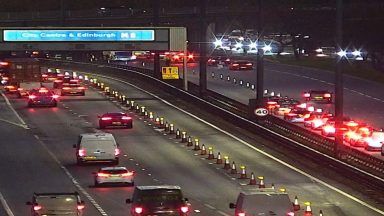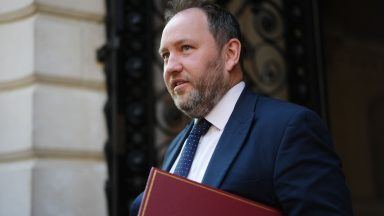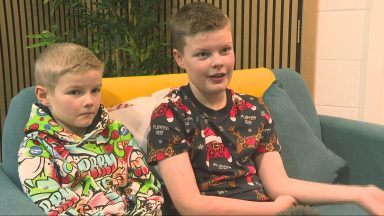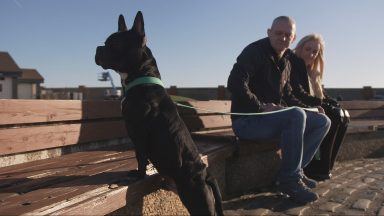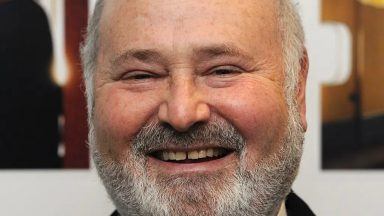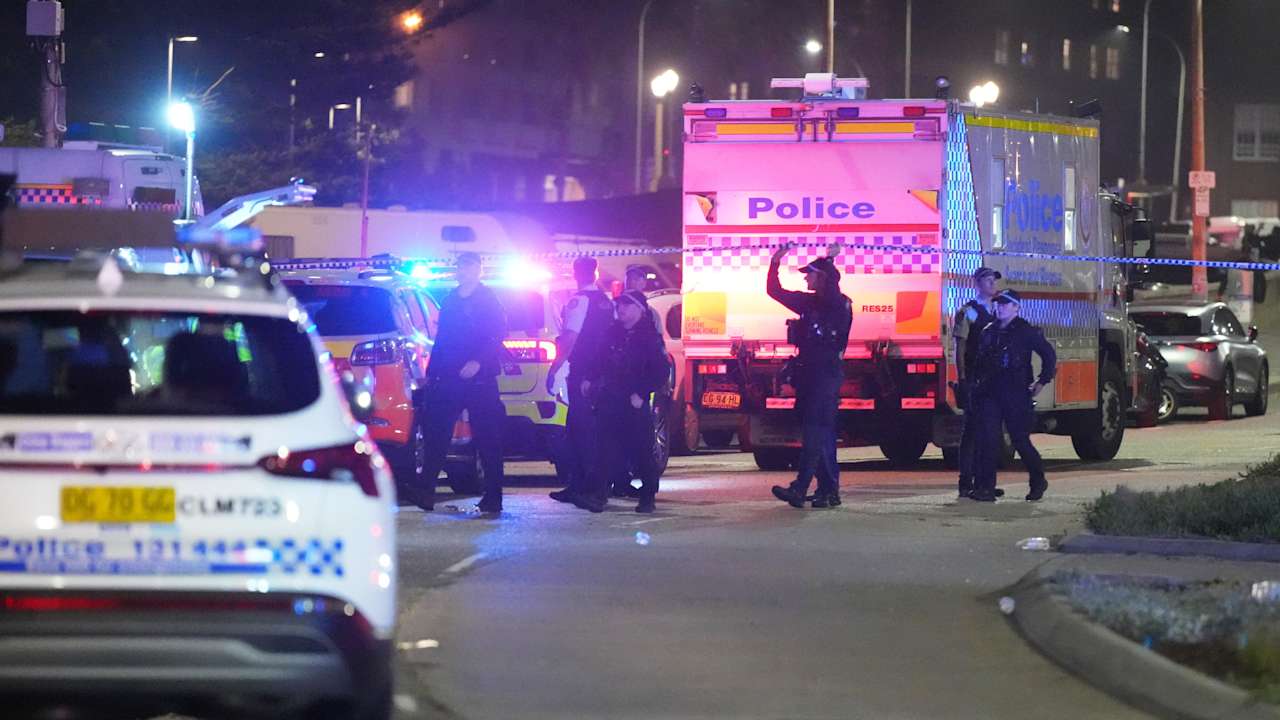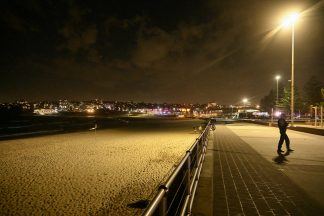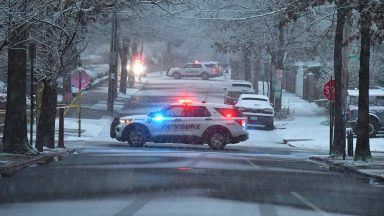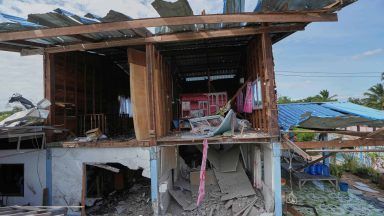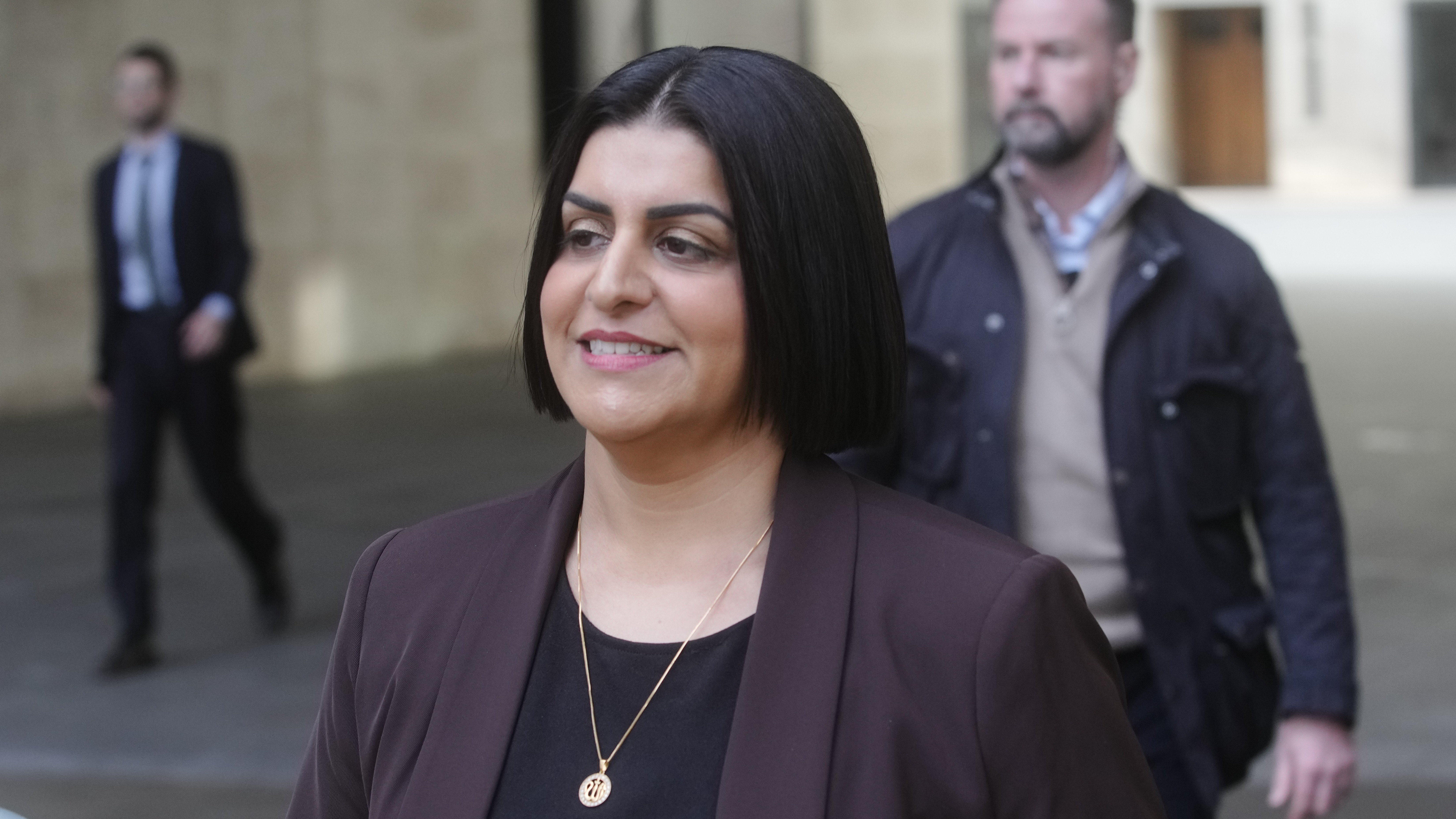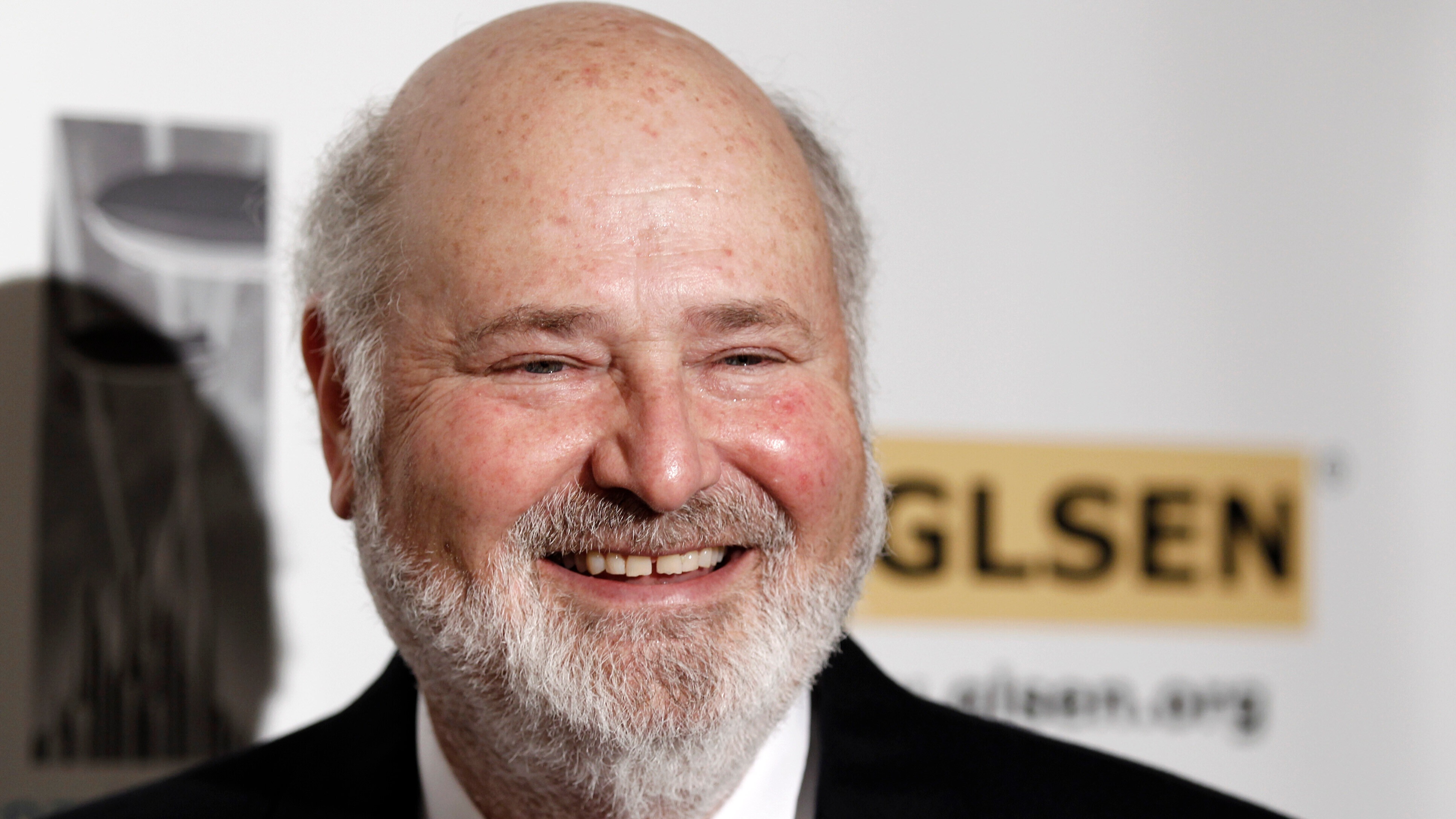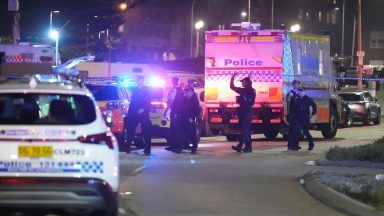Words by ITV News Producer Hannah Ward-Glenton
Warning: Some readers may find the contents of this article distressing.
Charities are calling on the government to take tougher action to prevent child sexual abuse images being shared online, as new figures reveal the extent of the problem.
More than 38,000 child sexual abuse image crimes were logged by police forces in England and Wales in the past year, according to Home Office data obtained by child protection charity NSPCC.
Meanwhile, more than 3,400 child sexual abuse image crimes were recorded in Scotland over the past five years, prompting calls for the UK government to take tougher action to prevent such images being shared.
More than 700 abuse image offences were logged by Police Scotland each year over the past two years, according to the data obtained by the charity.
A separate Freedom of Information request also showed that where police in the UK recorded the platform used by perpetrators, exactly half took place on Snapchat and a quarter on Meta products, including Facebook, Instagram and WhatsApp.
A number of charities including the NSPCC have written a joint letter to home secretary Yvette Cooper expressing concern over Ofcom’s Illegal Harms Code of Practice, which was published in December 2014.
The charities argue that, as the code stands, children will not be protected from the worst forms of abuse on private messaging services, despite this being a core aim of the Online Safety Act.
The NSPCC, the Marie Collins Foundation, the Lucy Faithfull Foundation and Barnardo’s want the government to push Ofcom to review and strengthen their code of practice to tackle the threat.
A total of 3,419 child sexual abuse image crimes were recorded by Police Scotland over the past five years: 554 in 2018-19; 584 in 2019-20; 660 in 2020-21; 662 in 2021-22; 765 in 2022-23; and 748 in 2023-24.
“It’s a futile fight, we will not get our kids back”
Mariano Janin lost his 14-year-old daughter Mia when she died by suicide, after images of her were circulated online.
She had no history of depression and loved drama and cheerleading. She had also been looking forward to a holiday in Greece and a trip to Camden Market with her friends.
Mr Janin has no doubt that it was the abuse she suffered online that led to her death.
“It’s terrible, I lost my girl, ” he told ITV News. “Imagine that somebody can get inside your house, inside your kid’s bedroom for hours every day because we don’t know who is on the other side. You never know who’s behind the screen and there’s no way that we can get any control of this.”
He is now working with other parents who have lost their children to advocate for stronger laws to protect young people online.
“We are fighting for something that shouldn’t need fighting, first of all because we have a government who should represent us in what we are trying to fight here, ” he said.
“It’s to have an online system that is safe for the kids .
“We are fighting and honestly my fight and all the parents’ fight, it’s a futile fight. We will not get our kids back. But we can prevent this from happening again.”
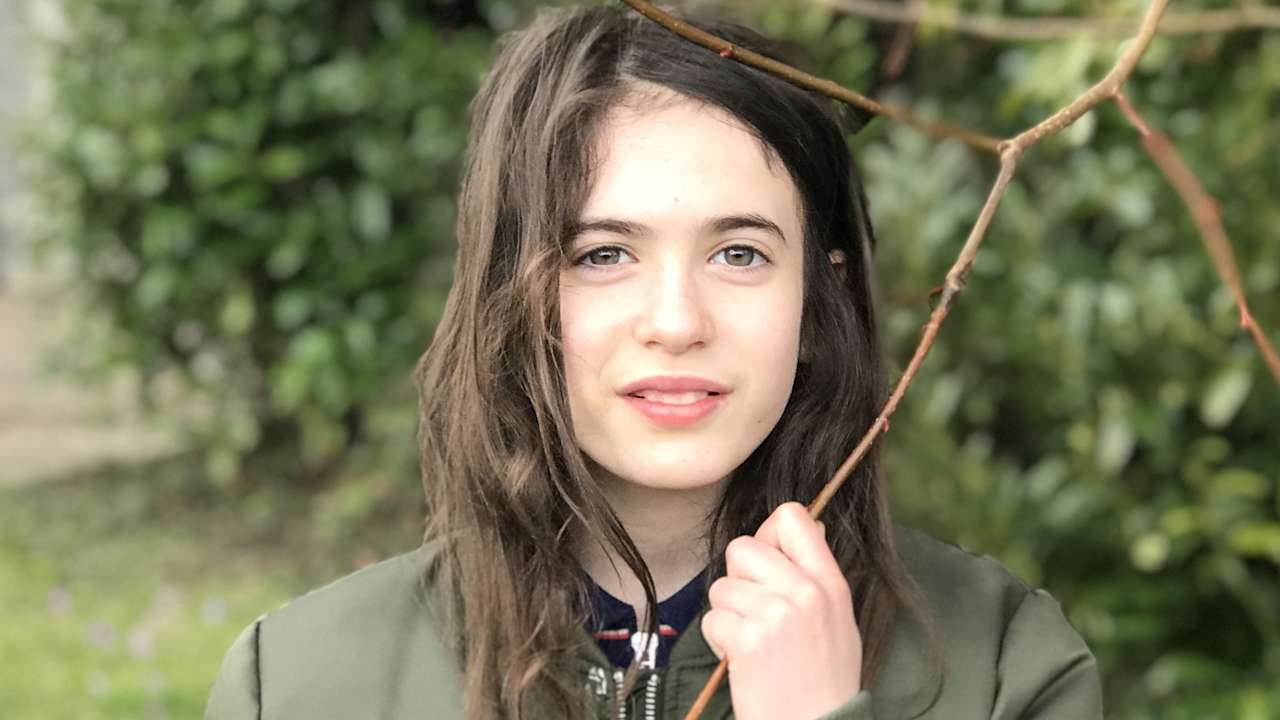
Mr Janin said that any further delays in strengthening legislation to better protect children online, only puts more young people at risk.
“The problem is if it takes one year or more, you cannot imagine the quantity of cases, new cases that we have every day, everywhere … They are kids. Kids are the future. We should supposed to protect them in any way, and this should be a priority.
“The only thing that we are trying to do is apply common sense in order to safeguard the young people. That’s it,” he added.
Policy and Regulatory Manager at the NSPCC Rani Govender told ITV News the Home Office data showing the number of crimes was “extremely concerning”.
“The harms can often be long lasting and so we can’t have a situation where we continue to report and see such high, concerning figures anymore. We must see action from tech companies and a real change in how children are protected,” Ms Govender told ITV News.
The charity is calling for the government to make sure children are protected in private messaging spaces.
“They need to work with Ofcom and make sure that they’re really ambitious in the implementation of the Online Safety Act, so that there are no loopholes and no ways that private messaging services can avoid protecting children,” Ms Govender said.
Ms Govender added that it is important to stress that it is never a child’s fault if they find themselves in an abusive situation online.
“The blame is not with them and they are always doing the right thing by speaking up and asking for help. The earlier a child is able to do that, the more able we are to quickly offer them help. But it’s never too late. There’s always support there,” she said.
A government spokesperson said: “Child sexual exploitation and abuse is despicable, and has a devastating impact on victims. UK law is clear: child sexual abuse is illegal and social media is no exception, so companies must ensure criminal activity cannot proliferate on their sites.
“The government is committed to the robust implementation of the Online Safety Act to ensure it delivers on its aim to make the UK the safest place online for children.
“We have already introduced four new laws to crack down on child sexual abuse online, but tech company design choices cannot be used as an excuse not to root out these heinous crimes – and we will not hesitate to go further to protect children from vile online predators.”
If you or a young person you know is struggling with abuse online, you can find help and advice at the following organisations:
Follow STV News on WhatsApp
Scan the QR code on your mobile device for all the latest news from around the country


